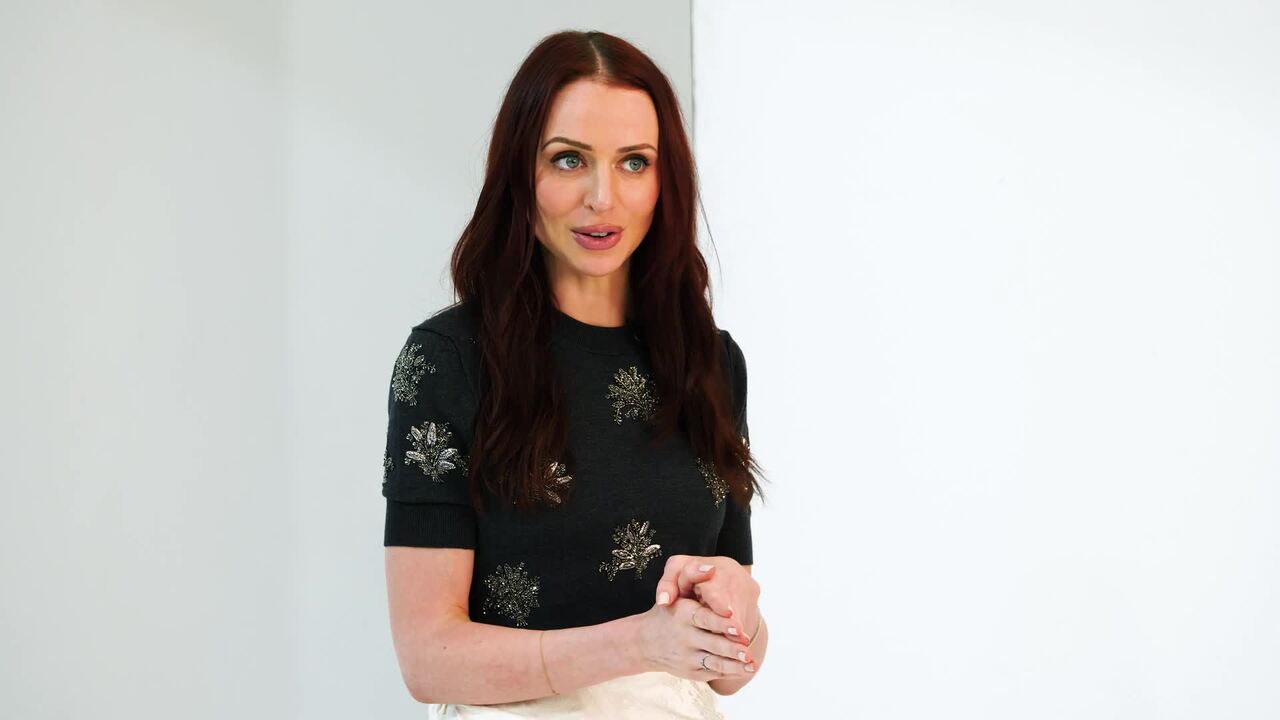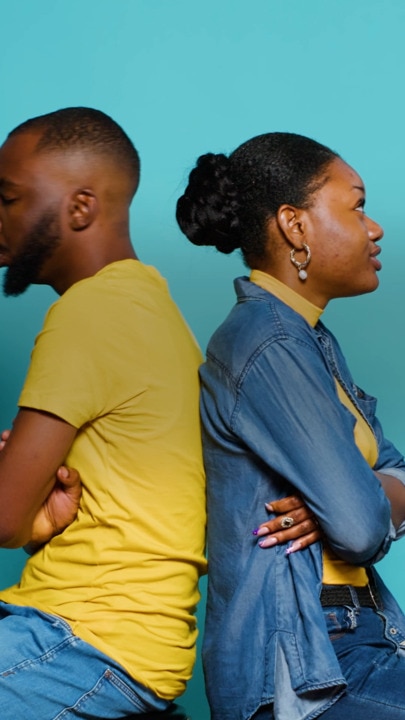What are friendship attachment styles – and can you escape them?
Are we doomed to stay anxiously attached?

Lifestyle
Don't miss out on the headlines from Lifestyle. Followed categories will be added to My News.
Always questioning your friends’ investment in your relationship, while they’re more than fine to go weeks without texting? Attachment styles can impact more than your romantic relationships.
From anxious to avoidant, you’re probably aware of your romantic attachment style by now and all of the ways it affects your relationships. But what about when it comes to your friends?
Have you ever noticed your discomfort in trios? Sometimes, three really does feel like a crowd, and you may feel like you’re always vying for that one friend’s attention.
Or maybe you thrive in big friendship groups and feel uncomfortable in one-on-one settings.

Friendships can often be even more complex than romantic relationships, and whether you’re aware of it or not, your attachment style may drive how you experience and act with your platonic loves.
Maybe you feel beyond certain that the friend you’ve had since you were 10 will stay in your life forever, or maybe you constantly ask yourself if your friendship means as much to your platonic soulmate as theirs does to you.
What are attachment styles?
According to sexologist Georgia Grace, ‘attachment styles refer to the particular way in which an individual relates to other people. Theory suggests that an individual's style of attachment is formed early on, at the beginning of life, and once established, is a style that can play out in future relationships with partners, friends, children and so on.’

‘More often than not our attachment flares up when we’re feeling unsafe or unstable in relationships. So you may feel relatively secure for the most part, but in conflict, you may be avoidant or anxious.’
Even though our friendships may be more intimate and enduring than any of our romantic relationships, some find it difficult to express their needs. Understanding our friendship attachment styles can help.
Secure attachment
Those who are securely attached are more likely to share their feelings easily and openly, while their anxiously or avoidantly attached friends may be a little less comfortable opening up.

Anxious attachment
If you’ve found yourself asking a friend the dreaded “are you mad at me” regularly, gone message-less for a few hours and questioned if you’re annoying, or wondered if your friend doesn’t want to see you, you may be anxiously attached.
Reassurance is lovely, and it’s okay to ask for it, but it’s also important to self-soothe and remind yourself that your friend is friends with you for a reason.

Avoidant attachment
The avoidantly attached friend, on the other hand, may feel overwhelmed by regular messages and pull away from their nearest and dearest – i.e. the friend who isn’t replying.
They value their independence despite often getting along well with anxiously attached friends, so understanding your friends’ attachment styles and communicating each others’ needs is crucial.
Can you really escape your attachment style?
Grace notes that ‘attachment is fluid. A pattern of anxious attachment isn’t set in stone. You may find yourself secure in friendship or familial relationships but anxious in romance’, and vice versa.
‘We contain multitudes – and you’re entirely capable of moving from anxious to more secure attachment through awareness, openness, compassion and developing a toolkit for self- and co-regulation.’
More Coverage
Originally published as What are friendship attachment styles – and can you escape them?





